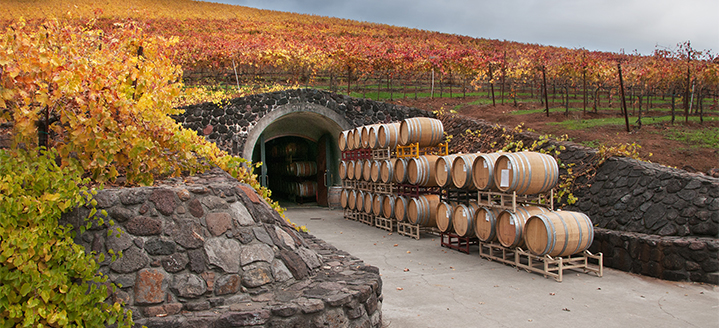On the two-year anniversary of the 2017 wine country wildfires, the Pacific Gas and Electric Company (PG&E) started a transitory, mass power shut-off in Northern California in light of extreme climate conditions that could potentially cause more fires.
Since Tuesday night, the blackout has influenced around 800,000 customers, stretching out to a few California wine country regions—including Napa Valley, Sonoma, Mendocino, and Santa Cruz—and could last as long as five days in certain areas.
An uproarious, consistent murmur emanated all through wine country as wineries powered up costly generators in an effort to remain open to visitors and keep production running easily during the height of harvest.
Ronald Du Preez, winemaker and GM of SugarLoaf Crush, a custom winemaking office in Sonoma County, held a generator back in July when PG&E reported the plausibility of future blackouts.
Despite the fact that it costs generally $10,000-a-month to lease, he has 35 customers relying on him to keep awake and running.
‘Grapes are extremely costly and there are a huge number of dollars of wines under our consideration, so it’s an easy decision,’ he said.
His office prepared two tons of Beckstoffer Georges III natural product only hours after the power was closed off. ‘That is about $40,000 worth of natural product alone.’
A few wineries have incidentally shut their cordiality suites and tasting rooms. Indeed, even Robert Mondavi Winery had orange cones set up outside their passage on Wednesday (9 October).
Those without reinforcement power are helpless before PG&E.
Numerous wineries have rescheduled grape picks since they can’t process products of the soil maturations, in spite of the fact that there is understanding about the requirement for a wellbeing first approach.
Jay Turnipseed, director of winemaking at Rutherford Ranch in Napa Valley, said both the winery and tasting room were shut and that he moved two picks to Friday, trusting he doesn’t need to give the grapes a chance to balance longer than that.
‘We’re moving with the punches. We comprehend this is necessary and you accept it as it comes,’ he said.
‘We’re extremely fortunate that we haven’t begun picking a huge amount of reds and the majority of our whites are basically dry, so we’re not excessively affected from a wine quality point of view.


